Premium Only Content
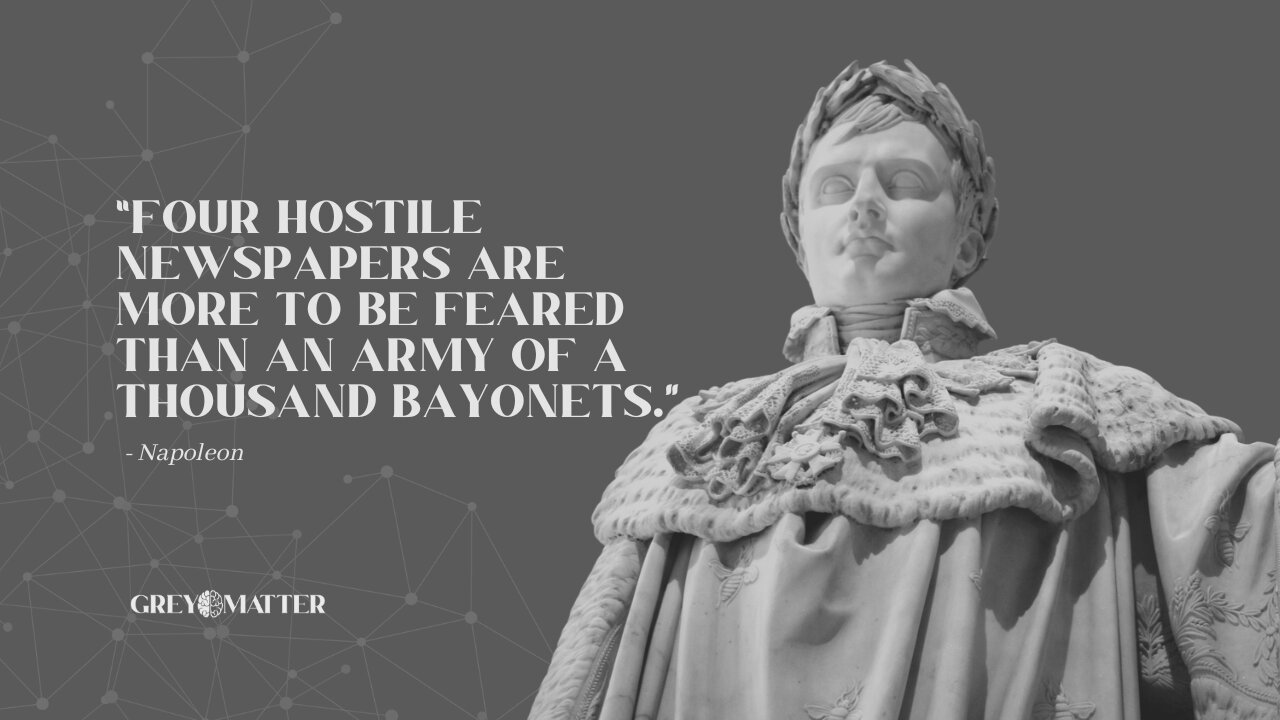
Modern Canadian Censorship: Should We Be Concerned?
An excerpt from the full essay:
Censorship is typically considered to be the removal or blocking of information, speech, or expression. It includes self-censorship, which is when individuals or organizations limit what they say for fear of repercussions. Historically, repressive governments have often shut down or silenced media sources, legislation has prevented journalists from freely reporting the truth, and those who did speak out were imprisoned or killed. In Canada, censorship is more often subtle than overt. It can take the form of muzzling scientists, refusing activists entry into Canada, book seizures at the border, and libel chill. The common denominator is that free voices are silenced.
Free expression and press freedom in Canada face bigger threats than ever. Journalists are unable to protect their confidential sources, public interest stories are not told, reporters are removed from prime ministerial media scrums, and journalists lose their jobs for publishing pieces that criticize government policy. National security agencies have greater access to our private data than ever before, without any oversight to protect our rights. Many journalists are routinely spied upon by police.
Censorship has followed the free expression of men and women like a shadow throughout history. The origin of the term “censor” is traced to the office of censor created in ancient Rome, around 443 BC. Just as in ancient Grecian communities, the Roman ideal of good governance included shaping the character of the people. Censorship was thus regarded as an honorable task. In China, the first censorship law was made over 1,700 years ago, and it is still a basic feature of Chinese society today.
To read the full essay visit: https://www.greymatterpodcast.ca/modern-canadian-censorship/
-
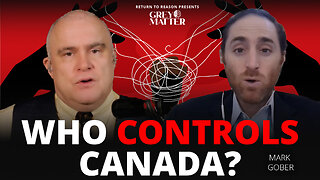 57:42
57:42
The Grey Matter Podcast
5 months agoIs Trump Trying to Take Canada or Protect Our Freedoms?
748 -
 31:47
31:47
VINCE
1 hour agoWhat Just Happened With Obama? (w/ Sean Davis) | 07/25/25
48K94 -
 LIVE
LIVE
LFA TV
15 hours agoLFA TV ALL DAY STREAM - MONDAY 7/28/25
3,925 watching -
 1:14:21
1:14:21
Dear America
2 hours agoBongino Confirms The TRUTH!! Says He’ll “Never Be The Same” 👀 + JD 2028?!
100K140 -
 UPCOMING
UPCOMING
Caleb Hammer
43 minutes agoScumbag Husband Destroys Marriage With Secret Debt | Financial Audit
25 -
 LIVE
LIVE
Badlands Media
9 hours agoBadlands Daily: July 28, 2025
5,799 watching -
 LIVE
LIVE
JuicyJohns
2 hours ago🟢#1 REBIRTH PLAYER 10.2+ KD🟢 !loadout
129 watching -
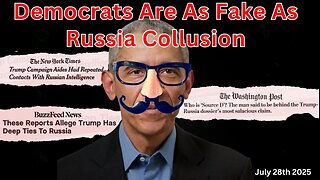 LIVE
LIVE
Wendy Bell Radio
6 hours agoDemocrats Are As Fake As Russian Collusion
10,372 watching -
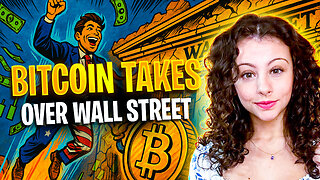 48:34
48:34
Randi Hipper
1 hour agoBITCOIN TAKES OVER WALL STREET AS IT NEARS ALL TIME HIGHS
6.28K -
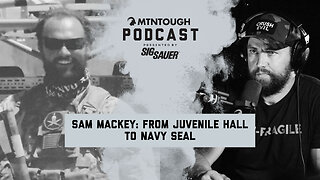 57:51
57:51
MTNTOUGH Podcast w/ Dustin Diefenderfer
8 hours agoSam Mackey: From Juvenile Hall to a New Start in the Military | MTNPOD #126
6.48K